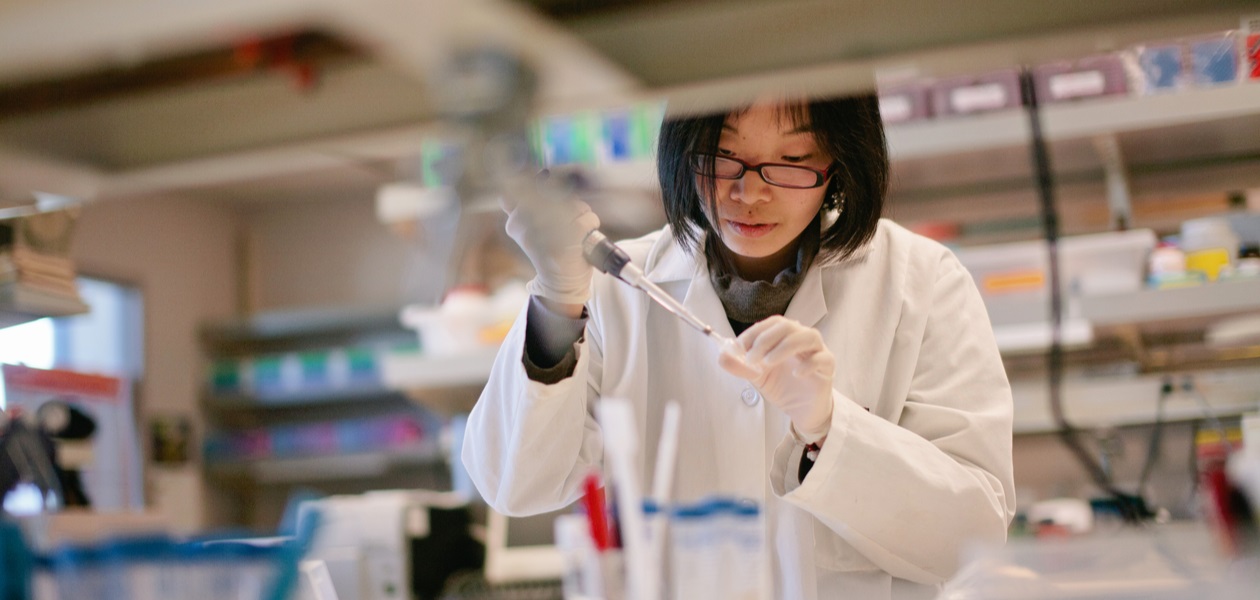The Biofactory, a biomedical incubator supported by Singapore Polytechnic, aims to create successful biomedical companies from Singapore-developed technologies. Recently, it has also been recognised as an incubator under the National Research Foundation’s Technology Incubation Scheme (TIS).
The Biofactory’s key objective is to create more product-owners by bringing more Singapore-developed biomedical technologies, spin-offs and start-ups to the market. Of four start-ups established, two have been launched internationally in 2011.
IPI assisted The Biofactory in its accelerator function by first analysing its innovation needs, identifying suitable technologies and developing a product-roadmap to meet its business goals. With a clear understanding of its needs and goals, IPI assessed and validated various potential technologies in order to select suitable ones. Working in synergy with IPI, The Biofactory has been able to identify promising biomedical technologies that can be commercialised into educational, research or diagnostic kits.
“IPI is a great resource in identifying and evaluating state-of-the-art technologies to meet our business challenges,” said Theodore Tan, Director of The Biofactory. “We are also very glad that IPI has provided project-planning assistance and linked us up with various technology partners and research collaborators to further enhance our R&D capability.”
IPI also worked closely with our technology partner Exploit Technologies Pte Ltd (ETPL) to facilitate technology transfer. As a result, The Biofactory has successfully signed an agreement with ETPL to in-license and develop its technology into an Educational and a Biotech Research kit. The products are expected to be launched in some time this year. It will also continue to work with a local research institute and Singapore Polytechnic to potentially develop this technology into a diagnostic kit.
Theodore Tan added, “Through IPI’s Technology Assessment service, we are able to identify suitable technologies more quickly and effectively and focus on commercialising these technologies at an accelerated pace. We certainly will work together with IPI again for future projects”

